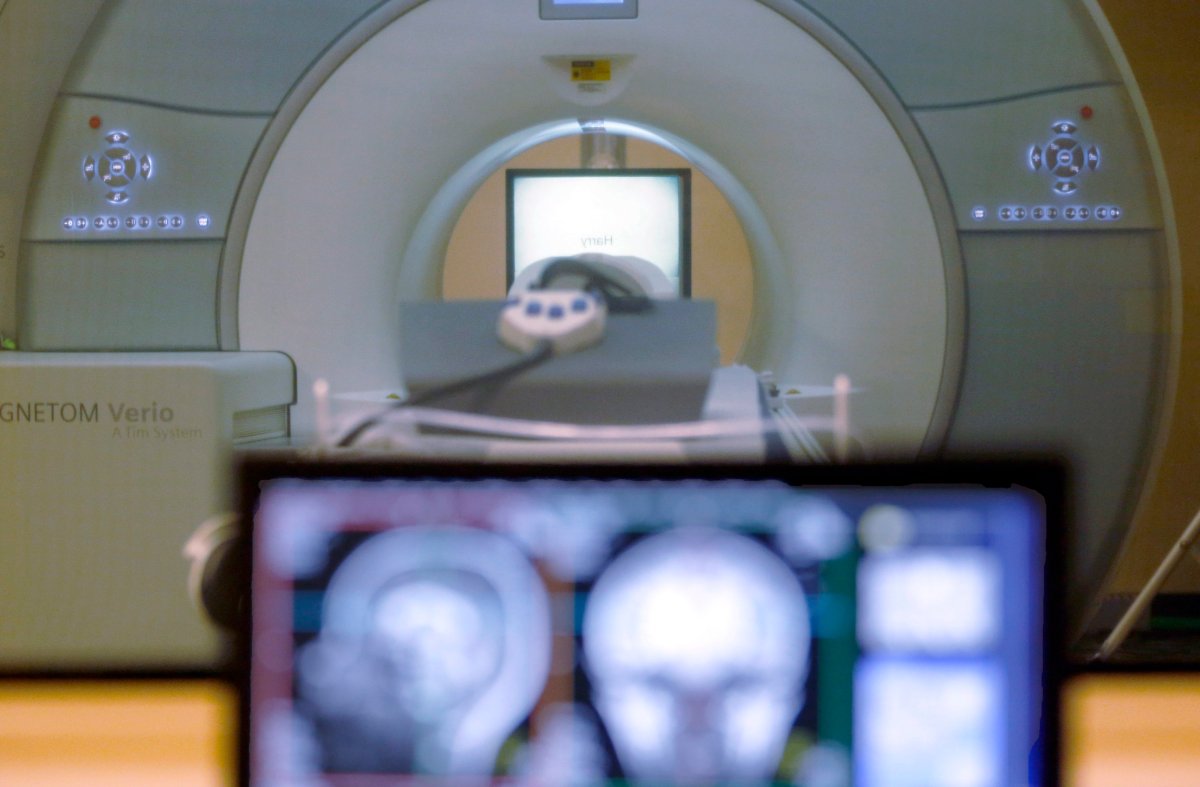Roughly half of Canadians know little to nothing about the perils of sports-related concussive injuries, nor where to turn to find information on how to avoid falling victim to them, suggests a newly released federal survey.

The online survey, commissioned by the Public Health Agency of Canada to gauge the country’s grasp and awareness of the concussion issue, found that while 97 per cent of respondents consider it an important health problem, only 51 per cent said they knew where to get information on avoiding one.
Forty-six per cent of respondents reported knowing what to do when someone gets a concussion, while 40 per cent said they can recognize the symptoms.
About half of those who took part in the survey reported having little or no knowledge about concussions, although most knew the condition as “a blow to the head that causes a variety of symptoms, such as headache or blurred vision.”
Health Minister Ginette Petitpas Taylor has been mandated to work with the minister of sport and persons with disabilities to implement a pan-Canadian concussion strategy and raise awareness for parents, coaches, and athletes on concussion treatment.
Steve Podborski, the president and CEO of Parachute Canada, said the biggest gap in knowledge is at home, where unlike a broken leg or cut, the symptoms of the problem can remain hidden.
WATCH: Managing concussions in sliding sports

Parachute Canada developed federal guidelines on concussions in sport last year and Podborski said the goal was to get 20 national sports organizations to adopt the guidelines. As of last month, more than 40 national sports organizations have signed on.
Despite the survey’s findings that Canadians don’t know where to find preventative information, Podborski said he’s confident that if they Google “concussion Canada,” his organization’s protocols will show up on the main page.
The guidelines aren’t only designed for sports-related concussions, he noted.
“I like to say if you take the word ‘sport’ out of The Canadian Guideline on Concussion in Sport -you’ve got a concussion protocol you should use too. It’s generic,” he said.
“This is for anybody’s head.”
WATCH: CFL commissioner trying to understand ‘unclear’ science of concussions

The survey, conducted last winter by market research firm Kantar TNS, gathered responses from 1,895 Canadians aged 18 and older, as well as 391 health care providers.
The polling industry’s professional body, the Marketing Research and Intelligence Association, says online surveys cannot be assigned a margin of error as they are not random and therefore are not necessarily representative of the whole population.
Canadians surveyed indicated they know what steps to take if someone has suffered a concussion, but the report notes that respondents were provided a variety of responses and were therefore prompted with options that included the correct answer.
The survey also used true or false statements, so in some cases a respondent could guess correctly half the time.
The survey also measured concussion awareness and knowledge among parents, teachers, coaches and health care providers.
WATCH: The future of a national strategy on concussion prevention in Canada
_848x480_1247476803643.jpg?w=1040&quality=70&strip=all)
Parents were found to have similar levels of knowledge as the general population, but they were more likely to have searched for information, and to know where to find preventative information and what to do in the event that someone sustains the injury.
Teachers were more knowledgeable than the general population in some areas, such as identifying symptoms, and coaches tended to have higher awareness and self-reported knowledge in most areas.
Ninety-seven per cent of health care providers said concussion is an important health care issue and 85 per cent reported knowing where to find reliable information on concussion diagnosis.
Michelle McDonald, the executive director of Brain Injury Canada, said there’s a need for more education, citing the part of the survey that suggests most respondents believe wearing a helmet can prevent a concussion.
“A concussion is caused by the brain hitting the skull on either side, so when you have that blunt force, like someone falling off their bike, the helmet isn’t protecting the inside of the brain – and that’s where the concussion happens.”



Comments